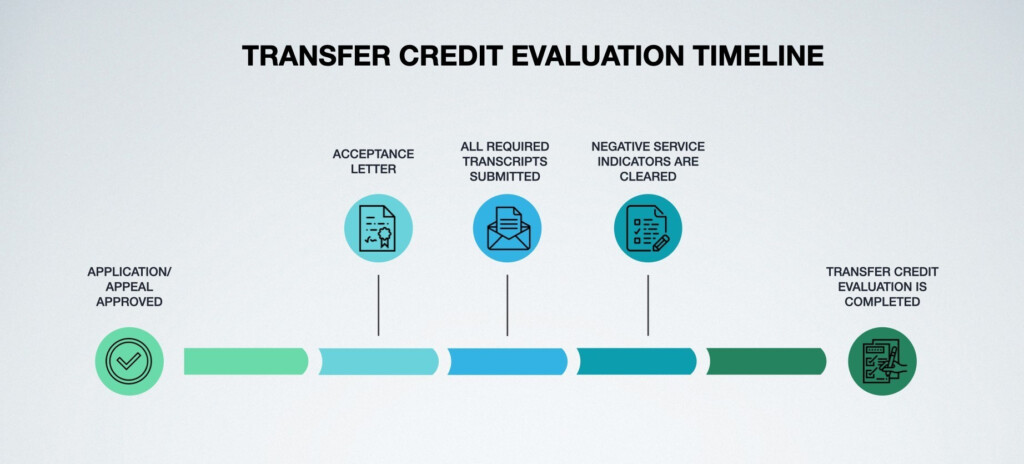Transfer Credits Form Inurl Greenriver.edu – If you’re unclear about the process of transferring it is possible to submit this Transfer Credit Acquired Form, or TCAF. There may be a class that you didn’t finish or you didn’t get a mark for in the past, and you’re wondering whether you can utilize it for your degree. It’s good news that you can. Generally, courses that earn a C or better do not require material reviews. However, you should note those courses that do not transfer to a particular U-M course can be considered credit for departmental courses. If it’s not, it cannot apply it to a U-M course and you may not meet the requirements of the degree.
A coursework assignment must be awarded a grade at the level of a C, or higher.
For your courses to be transferable the students must have received the standard of C or better. In order to be eligible for transfer credit, the courses must be taken from an accredited institution or institution, for instance, the Higher Learning Commission or the Middle States Association of Colleges and Schools (MASAC). International programs must be assessed on an individual basis. Transcripts that are official must be presented in writing to CCS. Your previous institution should have accepted the classes.
In order to transfer credits from your prior college, courses taken at a foreign institution must have earned a grade of C or higher. Graduations that pass or are satisfactory are not transferable, nor is development coursework, college algebra or technical and career courses. However, this policy has been reviewed during the COVID-19 pandemic, and all courses that were previously taken can be considered transferable.
For credit transfer, courses that are taken at accredited regional institutions should have been graded with a at “C” or better in the previous institution. In order to transfer credits course, they must be comparable in scope as well as contents. A C grade is considered the acceptable minimum grade for transferable credits some institutions do accept grade levels of “D” or higher. Accreditation bodies include institutions like the Middle States Association of Colleges and Schools, the New England Association of Schools and Colleges The Northwest Association of Schools and Colleges, in addition to the Southern Association of School and Colleges.
TCEL lists courses that have transferred to Clemson before. This is not an exhaustive list . All courses not included here will need to be assessed when applying to Clemson. Also, this TCEL listing also provides Equivalencies for courses, however, the listing doesn’t show any differences in the amount of credits awarded between institutions. The TCEL lists courses that are equivalent to courses taken at other institutions and universities, the Office of Admissions’ evaluations reflect current information.
While your previous course work could be acceptable to you, it is important to examine its academic implications. If you’re in a position to not complete the mandatory course work think about retaking it. It is important to get at least a “C” in the course and you have met any conditions which are required by your university. In the event that you repeat a course, it is possible to do so two or three times will affect your cumulative GPA and should be taken into consideration whenever you’re considering repeating it.





